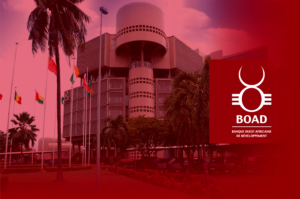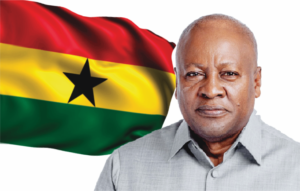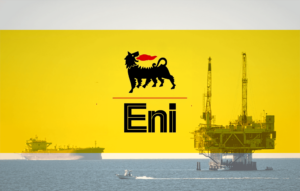Nigeria: Dangote’s push to end fuel imports derailed by court delays, monopoly fears
Dangote’s Refinery Ambitions Stalled as Federal Judge’s Suspension Derails Key Court Case
Lagos, Nigeria — A federal judge’s suspension and mounting regulatory hurdles have stalled Africa’s richest man, Aliko Dangote, in his mission to end fuel imports into Nigeria and take control of the country’s downstream oil sector.
Dangote, whose $20 billion refinery project has been hailed as a game-changer for Nigeria’s energy independence, is facing fresh challenges after the suspension of the presiding judge overseeing a pivotal legal dispute involving the refinery. The case, which was expected to resolve critical regulatory and licensing issues, must now restart under a new judge — delaying timelines and adding uncertainty to the project’s already complex rollout.
The refinery, located in Lekki, Lagos State, was designed to produce up to 650,000 barrels of oil per day, with the goal of replacing Nigeria’s longstanding dependence on imported refined fuel. While trial operations began earlier this year and some fuel shipments have been reported, regulatory bottlenecks and legal battles continue to slow full-scale commercialization.
Insiders say the legal case could determine the refinery’s ability to secure domestic crude supply on favorable terms and fast-track approvals from the Nigerian Midstream and Downstream Petroleum Regulatory Authority (NMDPRA). Now, with the case returning to square one, industry watchers warn of a protracted legal battle that may embolden competitors and disrupt Dangote’s market dominance strategy.
“This delay not only impacts the refinery’s business goals, but it also affects Nigeria’s broader energy reform and self-sufficiency agenda,” said an industry analyst who asked not to be named.
The refinery’s struggle reflects wider systemic challenges in Nigeria’s energy sector, where policy inconsistencies and institutional interference frequently hamper private investment. For Dangote, the stakes are high — billions of dollars invested, high public expectations, and a refinery that’s seen as a national pride project.
As the case resets, all eyes remain on the judiciary and regulators to determine whether Africa’s most ambitious refinery project will finally overcome its legal and bureaucratic roadblocks — or remain stuck in neutral.






